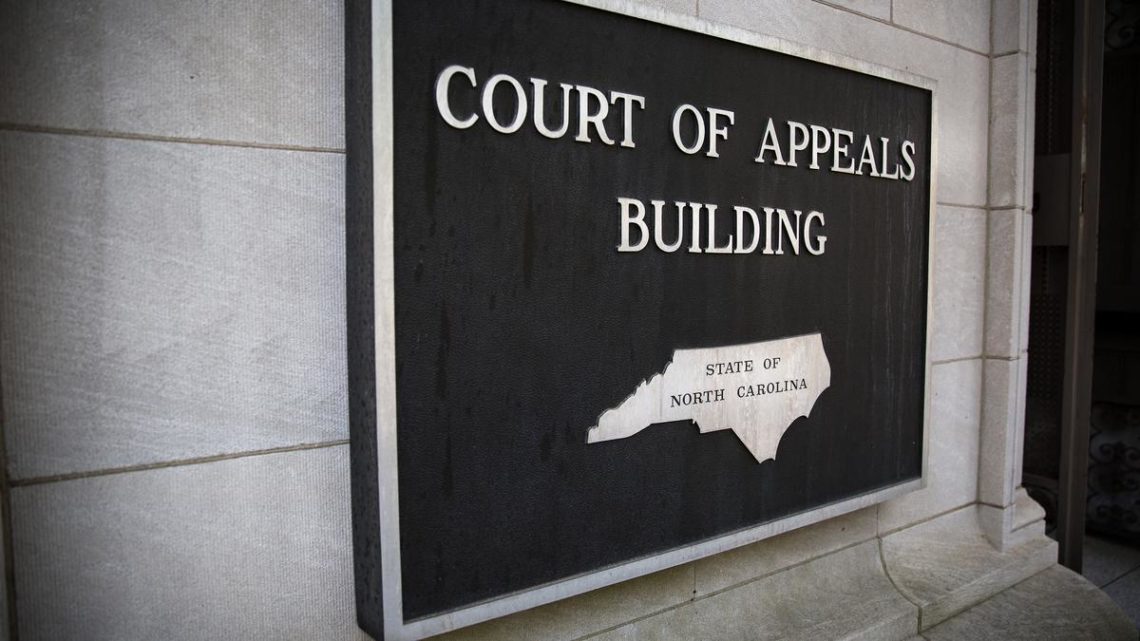Rent prices in Charlotte are increasing, and these increases often lead to an uptick in evictions, as more tenants are unable to make their monthly payments. In North Carolina, a landlord can evict a tenant through a process called summary ejectment. In a typical summary ejectment action, a landlord alleges a valid lease agreement with the tenant, and alleges the tenant has breached the terms of the lease agreement, most frequently by failing to pay rent. The court will review the lease agreement, determine if the tenant in fact breached its terms, and determine if the landlord followed the statutory and/or contractual requirements to notify the tenant of his breach. …
-
-
A MAJOR WIN ON APPEAL FOR A LINDLEY LAW CLIENT
Lindley Law represented the Plaintiff, DavFam, LLC (“DavFam”), in a matter initially before the court in 2016. After an unsuccessful appeal by the Defendant, and petition for discretionary review to the North Carolina Supreme Court, the trial court’s decision in favor of DavFam is affirmed and upheld. Congratulations to DavFam and Lindley Law for the victory! DavFam is a closely-held family entity, whose members are siblings, and which owns real estate across North Carolina. The Defendant is a sibling of the DavFam members, but he is not a member or manager in the LLC. Among the assets held by DavFam is real estate located in Alleghany County, North Carolina…
-
UNJUST ENRICHMENT
Party A and Party B enter into a contract. Party A will perform a service for pay from Party B. Party A performs the agreed-upon services, but Party B refuses to pay. What happens? As most of us know, Party A can sue Party B for breaching the contract. But what happens if there is no contract? A common example is Party A and Party B execute a contract for Party A’s services in exchange for Party B’s payment. Party A performs the services and Party B provides timely payment in full. The Parties then execute a second contract for the same services in exchange for the same payment. …
-
INTERSAL, INC. v. SUSI H. HAMILTON, et al.: a Separate Battle over Pirates and Treasure
In another case distinct from last week’s shipwreck blog post, salvage company Intersal, Inc. (“Intersal”) seeks to overturn a decision in favor of the North Carolina Department of Natural and Cultural Resources (the “NCDNCR”), the Secretary for the NCDNCR, the State of North Carolina, and the now-dissolved non-profit company Friends of Queen Anne’s Revenge (“FQAR”). Unlike the previous blog post, which addressed alleged copyright infringement, the litigants to the instant dispute are debating the enforceability of two contracts between the parties, whether the NCDNCR breached those contracts, and whether FQAR induced NCDNCR’s alleged breach. The Permits In 1994, the NCDNCR granted two permits to Intersal to search for…
-
Death by Alcohol – Who is [More] at Fault?
Last week the North Carolina Court of Appeals reversed the lower court’s decision allowing a case involving alcohol poisoning against a hotel and its staff to go forward.[1] Lisa Davis and her husband Thomas were celebrating their wedding anniversary at the Crown Plaza Resort in October of 2012. They had dinner at Mulligans, the hotel’s restaurant, and spent four and a half hours there. Between the two of them, they consumed twenty-four drinks – drinks the restaurant’s employees served them. Not surprisingly, Lisa was extremely intoxicated. She was unable to walk and unable to stand up after falling, so the hotel employees put her in…
-
The Strict Blue Pencil Doctrine is Alive and Well in NC Courts
In a time where pencils and pens are quickly being replaced by keyboards, styli, and even one’s own fingers, the North Carolina Supreme Court ruled last week that the strict blue pencil doctrine remains alive and well – at least when it comes to non-compete clauses in employment agreements. The blue pencil doctrine originated in 1961 and essentially states that if a non-compete clause in an employment contract is “unreasonably broad,” then the Court has the power to use its blue pencil to literally strike the over broad provisions from the contract. Last week, in Beverage Sys. Of the…
-
Eastern District of North Carolina Predicts the North Carolina Supreme Court Will Apply the Doctrine of Inevitable Disclosure “Under Certain Circumstances.”
The Eastern District of North Carolina recently decided a case affirming that, while North Carolina courts have not yet adopted the doctrine of inevitable disclosure, North Carolina would adopt the doctrine under certain circumstances.[1] Spirax Sarco, Inc., (“Spirax”), alleged a claim for, among other things, injunctive relief under the doctrine of inevitable disclosure against one of its former employees. Spirax purported that defendant Bryan Johnson (“Johnson”) used his company issued laptop to download thousands of confidential computer files to personal devices without permission. Johnson resigned from Spirax on May 27, 2014 to work for SSI Engineering, Inc. (“SSI…
-
Rule 11 Sanctions Imposed for Improper Breach of Fiduciary Duties Claims Against Rank-and-File Employees
In September 2011, Southeast Air Charter, Inc. (“Southeast Air”) brought suit against three (3) employees (“Defendants”) alleging, among other things, breach of fiduciary duty and constructive fraud. The North Carolina Business Court (“NCBC”) determined all defendants were rank-and-file employees of Southeast Air and therefore could not be subject to the breach of fiduciary duty and constructive fraud claims. As such, Plaintiff and Plaintiff’s attorneys were subject to Rule 11 sanctions for bringing these claims without any factual basis. In determining the appropriate amount of sanctions and the allocation of attorneys’ fees incurred by Defendants, Judge James Gale, Chief Special Superior Court Judge of the NCBC,…






